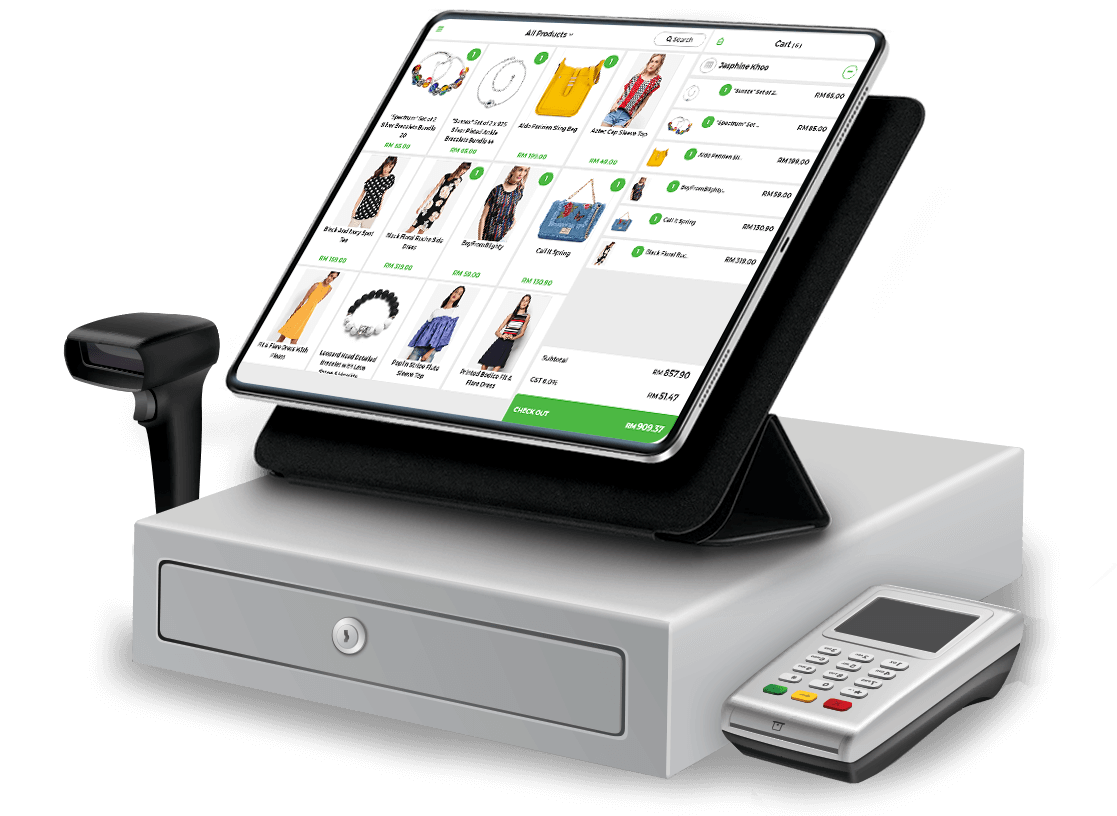Different Kinds of POS Explained
페이지 정보

본문
Different Kinds of POS Explained
In today's commercial world, Point of Sale (POS) systems have become critical components for various industries. Understanding the different types of POS systems can help you pick the perfect fit for your specific needs.
1. Desktop-Based POS
Traditional POS systems are the original type of retail management systems. These systems usually consist of:
- Stationary checkout devices
- Local server for data storage
- Connected devices
Benefits: Enhanced security, permanent license, durable equipment.
Cons: Higher upfront costs, limited mobility, software upgrades needed.
2. Web-Based POS
Online POS platforms have seen rapid adoption in modern business. These systems manage operations on the cloud and can be accessed from various devices with an web access.
Main characteristics include:
- Software-as-a-Service
- Automatic updates
- Multi-device access
- Real-time analytics
Perfect for: Retail chains with multiple locations, mobile operations.
3. Smartphone/Tablet POS
Tablet-based POS turn iPads and Android tablets into complete checkout systems. These systems are increasingly popular among small businesses and field service providers.
Key components include:
- Portable payment processors
- App-based interfaces
- Compact peripherals
Major advantages: Affordable pricing, flexibility, quick start, small footprint.
4. Omnichannel Solutions
Integrated retail solutions combine brick-and-mortar with ecommerce into one unified platform. These comprehensive platforms are critical for merchants operating across different sales avenues.
Core capabilities:
- Unified inventory management
- Consistent buyer information
- Cross-channel order processing
5. Customer-Facing POS
Self-service kiosks allow patrons to place orders without employee interaction. These systems are widely used in:
- QSRs
- Supermarkets
- Entertainment venues
Main advantages: Lower staffing requirements, speedier service, 24/7 availability.
6. Industry-Specific POS Systems
Several platforms are customized for specific industries, with features tailored to their particular workflows.
Common types are:
- Restaurant Shopify POS technical support: Floor plans, kitchen display, gratuity processing
- Retail POS: Inventory tracking, SKU systems, customer loyalty
- Beauty business systems: Booking calendars, service duration tracking, retail suggestions
Picking the Ideal POS
When evaluating a POS system, consider these factors:

- Industry: Match the system to your needs
- Financial factors: Upfront costs vs. subscription fees
- Scalability: Can it grow with your business?
- Integration capabilities: Ecommerce platforms integration
- User experience: Learning curve
Point of sale solutions keeps advancing, with cutting-edge functions being developed all the time. If you're running a service business or overseeing large operations, there's the right solution to support your business.
By understanding these different types of POS systems, you can select the best option that will streamline your operations and improve your client satisfaction.
- 이전글Who Is Creer Compte Gmail Com? 25.06.05
- 다음글quick loan 25.06.05
댓글목록
등록된 댓글이 없습니다.



